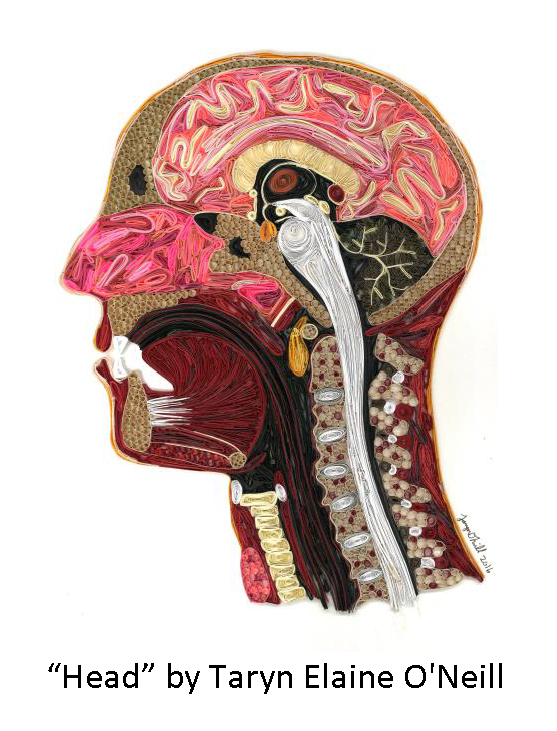Medical Assistance in Dying (MAiD): the opinions of medical trainees in Newfoundland and Labrador. A cross-sectional study.
DOI:
https://doi.org/10.36834/cmej.52984Abstract
Background: Medical Assistance in Dying (MAiD) was legalized in Canada in 2016. As future physicians, medical trainees will face decisions regarding MAiD. Although many publications exist internationally, Canadian data is limited in the peer-reviewed literature. The purpose of this study is to determine the opinions of medical trainees in Newfoundland and Labrador regarding MAiD, and the factors that impact these views.
Methods: A survey was distributed to all medical trainees at Memorial University (N=570). The survey collected demographic information and opinions regarding MAiD. Respondents were divided into groups based on demographic characteristics, and their responses analyzed using non-parametric statistics.
Results: The survey was completed by 124 trainees. Ninety percent of respondents agreed with the legalization of MAiD in Canada and nearly 60% stated they would perform the procedure for their patients. Several factors influenced the opinions of medical trainees, including level of training and religious affiliation. Trainees also favored detachment from the MAiD process.
Interpretation: Canadian medical trainees are largely in favor of MAiD, which will likely be requested more frequently in the future. This highlights the importance of emphasizing MAiD within medical curricula, so that trainees are adequately informed and prepared to handle this new aspect of medical care upon joining independent practice.
Downloads
Published
Issue
Section
License
Submission of an original manuscript to the Canadian Medical Education Journal will be taken to mean that it represents original work not previously published, that it is not being considered elsewhere for publication. If accepted for publication, it will be published online and it will not be published elsewhere in the same form, for commercial purposes, in any language, without the consent of the publisher.
Authors who publish in the Canadian Medical Education Journal agree to release their articles under the Creative Commons Attribution-Noncommercial-No Derivative Works 4.0 Canada Licence. This licence allows anyone to copy and distribute the article for non-commercial purposes provided that appropriate attribution is given. For details of the rights an author grants users of their work, please see the licence summary and the full licence.






